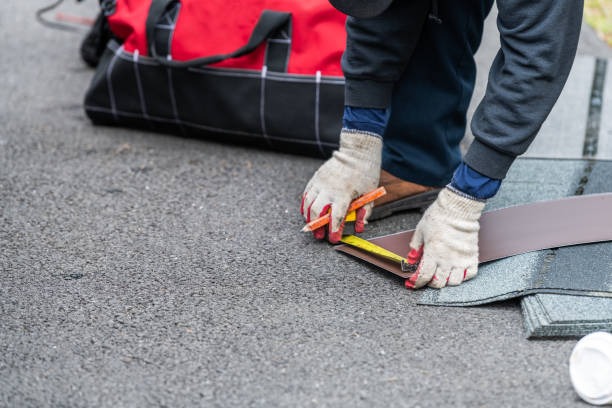Preparing for guitar lessons with effective practice can significantly enhance your learning experience and accelerate progress. Before lessons begin, establishing a consistent routine is essential. Devote time each day to practicing rather than attempting long sessions sporadically. Shorter, focused intervals of 20 to 30 minutes daily help build muscle memory and improve finger dexterity without causing fatigue or frustration. Consistency also ensures that the skills you develop remain fresh when you meet your instructor.
Starting with basic warm-up exercises is crucial to prepare both your fingers and mind for playing. Simple chromatic scales or finger stretches increase blood flow, reduce tension, and prevent injury. Warming up helps maintain flexibility and coordination, which are vital when tackling more complex techniques during lessons.
Familiarizing yourself with read the in-depth analysis guitar before instruction begins can provide a solid foundation. Understanding terms such as frets, strings, tuning pegs, and pickups will make it easier to follow directions during class and communicate effectively with your teacher. Additionally, learning how to properly hold the instrument promotes good posture that supports longer practice sessions without strain.
Tuning your guitar regularly is another key habit to develop early on. Playing an out-of-tune instrument not only sounds unpleasant but also hinders ear training by reinforcing incorrect pitch recognition. Investing in a reliable tuner or using tuning apps ensures that every note played is accurate and enjoyable.
When practicing chords or scales independently prior to lessons, focus on clarity rather than speed initially. Strive for clean transitions between chords instead of rushing through them inaccurately; this approach builds precision that benefits overall technique development later on.
Recording yourself while practicing offers valuable insight into areas needing improvement that might not be obvious in real-time play. Listening back allows you to identify timing issues or inconsistencies in tone quality so adjustments can be made proactively before receiving feedback from an instructor.
Setting achievable goals tailored to your current skill level motivates steady advancement without overwhelming you at the start of formal lessons. Whether it’s mastering three open chords or playing a simple melody smoothly, measurable objectives keep practice purposeful.
Finally, maintaining patience throughout this preparatory phase encourages a positive mindset toward learning guitar as a process rather than expecting immediate mastery. Embracing small victories builds confidence that will carry through each lesson session effectively enhancing overall musicianship over time.




